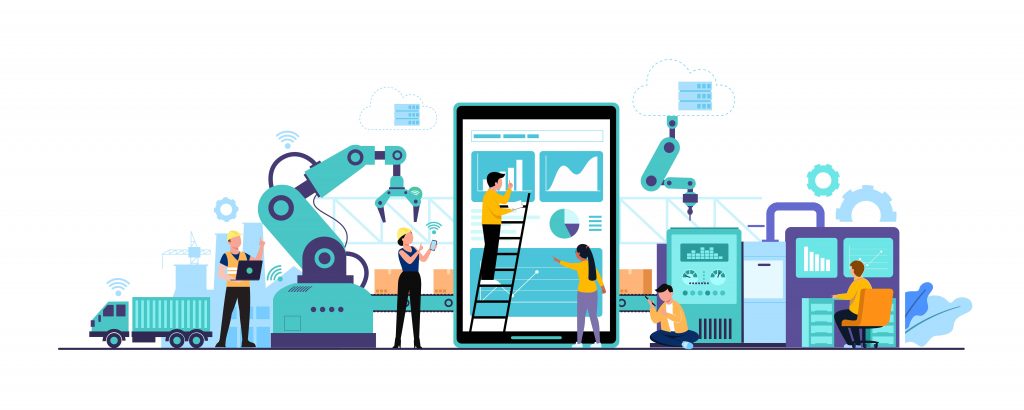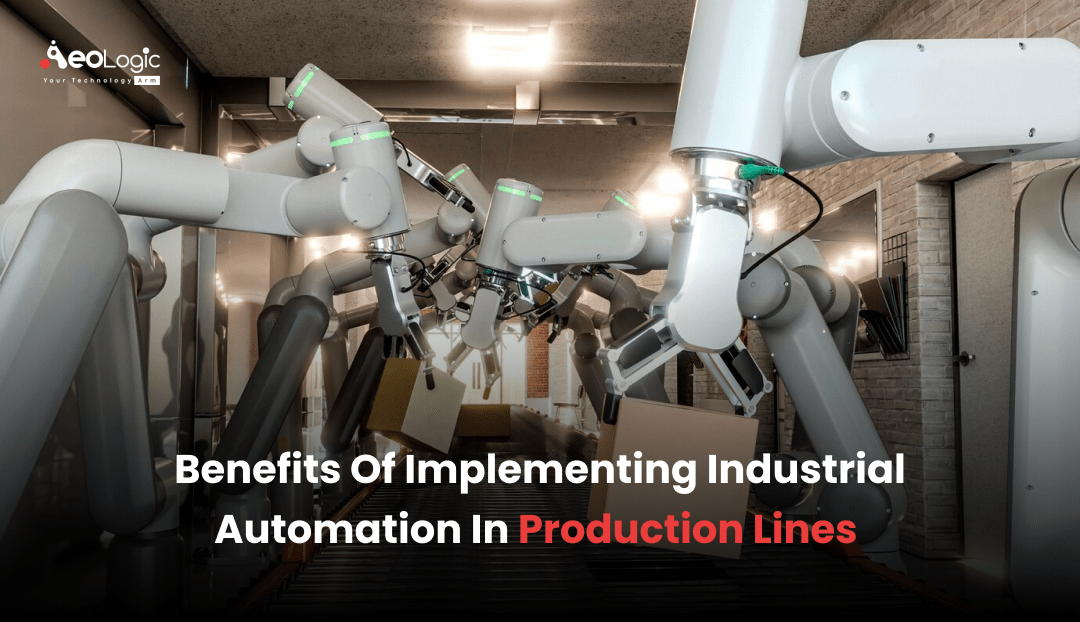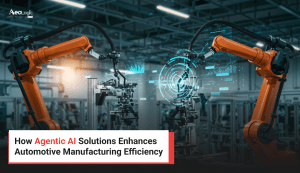There are a lot of industries across the world that make production of products on a large scale. There are many processes and phases in the production of a product in an industry. However, with the increasing demand, industries cannot maintain the balance between demand and production. This leads to a decrease in the reputation and brand value of the industry. Mainly the production lines are affected due to not having any innovation and evolution for the industry in most places. There is something new technology needs to evolve the industries with immense capability and automation, the thing that can make industrial production lines better than ever. Many industries have already implemented industrial automation and are taking benefit of it.
The global industrial automation market size was valued at USD 205.86 billion in 2022 and is projected to reach USD 395.09 billion by 2029, exhibiting a CAGR of 9.8% during the forecast 2022-2029. Europe accounted for a market value of USD 61.85 billion in 2021.
In this article, we will see the role of industrial automation in production lines and also we will see the other details like benefits, characteristics, challenges, etc. We will conclude how automation can improve industries to increase their productivity and efficiency.
What does Industrial Automation Refer To?

Industrial automation is the process of managing various processes and machinery in an industry by using information technology and control systems, like computers or robots, to replace human labor. Where a production line is defined as a factory or manufacturing facility that moves work from one workstation to the next until the product is finished being manufactured that involves workers, machines, and equipment. Automation generally automates repetitive tasks and makes production better with accuracy. This reduces the labor and enables workers to work on more complex tasks. This overall results in an increase in the productivity of the industry.
How does Industrial Automation Work?
This is the simple math of working automation in the industries. Automation just refers to software that has to integrate with the existing system and results in increases in production efficiency by streamlining the industrial process and reducing the need for manual labor. Automated systems outperform human operators in terms of speed, accuracy, and consistency. This takes professional operators to operate automated machinery in an industry as it is not easy to learn automation operation very quickly.
Also Read: TOP 10 Industrial Automation Companies in the World
Key Features of Industrial Automation for Production Lines
Automation solutions is the technology that automates processes with the help of its features. There are a lot of features of industrial automation here are a few key features of automation mentioned below.
Integration
Integration is the property that connects things to others. Industrial automation is just like the previously mentioned integrated with the existing system and soon adapts the system to automate tasks.
Controlled Structures
Automating tasks in the industry just does not matter but also it needs to control that automation process. Industrial automation software has the characteristics to automate repetitive tasks and is also controllable when to automate and when to operate manually.
Data Security
Automation with the integration of AI can improve the security of the industrial data. This can encrypt a strong layer of security that cannot be breached easily. Though data is the main aspect of any organization it needs to be protected.
Benefits of Industrial Automation in Production Lines
Automation in the industry leads to many beneficial things for the production lines as here are a few benefits mentioned below.
1. Reduce Operational Cost
In industries, workers take extra money for overtime. If there could be any faults in machines that take a lot of time and repair cost to repair. This leads to an increase in the expenses. However, with industrial automation, workers do not need to pay extra for overtime. Also, machine repair can be easy and saves time and money for the organization.
2. Improve Safety
Robotic automation in industries increases accuracy by utilizing sensors and lasers. There is less chance of a collision or mistake when loading and unloading cargo if your forklifts are AI-operated. Your employees are shielded from harm when machinery functions securely. They won’t attempt to lift anything heavy that could hurt their backs.
3. Scrap Decreases
Industrial automation increases the accuracy of the production of products. This leads to a decrease in waste products that do not need to be thrown out and overall it decreases the scrap quantity.
4. Maximized ROI
Customized automation systems are designed to meet your individual requirements and objectives, resulting in cost savings, reduced lead times, enhanced productivity, and several other advantages.
5. Enhanced Efficiently
Automated cells help decrease cycle times and per-piece costs while improving quality. This allows you to compete more efficiently on a global scale. Moreover, robots’ adaptability enables you to modify a cell in order to surpass your adversary.
6. Improves Product Quality
People need to rest and meals while doing work which could lead to some errors and a decrease in product quality. But with the automated system, accuracy increases and that overall improves the product quality. This also makes a positive impact on the reputation of the industry and gains the faith of the customers.
Also Read: The Role of RFID Technology in Industrial Automation
Challenges with Industrial Automation
Automation has the potential to increase the efficiency of production lines in an industry but it could also lead to some challenges as there are few challenges mentioned below.
- With automation, no one can expect errors and that could be a concern if any unexpected error occurs. That cannot be easy to point out the error.
- The initial investment can be a challenge as it takes a lot of capital to implement automation in industries.
- Potential job losses can also be a concern as automation could lead to a decrease in job opportunities for the workers.
Final Words
With industrial automation technology, businesses may increase productivity, cut expenses, improve safety, save time, and minimize monitoring. Businesses get increased production, increased efficiency, and more profitability as a result of all these advantages. Overall, automation fastens the production process and maintains the balance between demand and production. So, industries need to implement automation with the help of government agencies to which could be beneficial for the whole globe.










